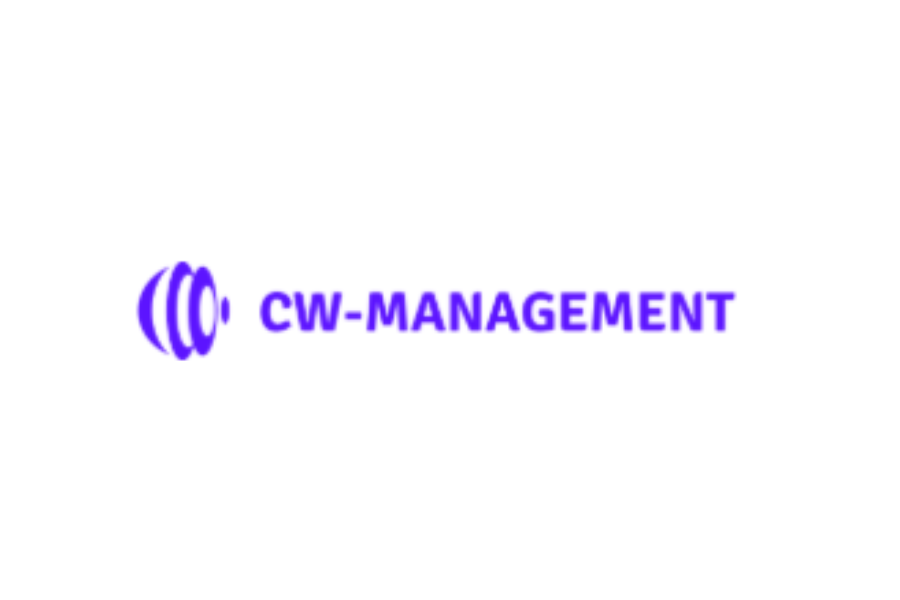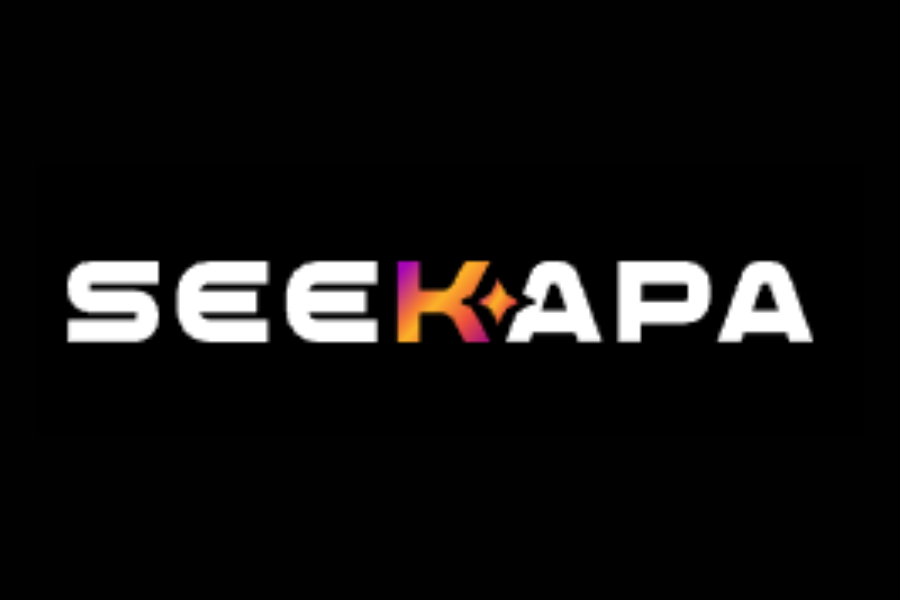Blockchain Technology
Blockchain’s B2B Dreams: A Future Defined By New Regulations

Introduction
Blockchain technology has long promised to revolutionize industries by offering secure, transparent, and efficient systems for transactions and data exchange. While the technology has seen significant adoption in areas such as cryptocurrency and decentralized finance (DeFi), its integration into business-to-business (B2B) industries has been slower. However, a new wave of regulations tailored to blockchain may finally provide the structure and trust required for mass adoption in B2B ecosystems.
The potential for blockchain in B2B is immense. From streamlining supply chain management to enhancing data privacy, the technology is poised to redefine how businesses interact. Yet, regulatory ambiguity has been a major roadblock. The emergence of clear, standardized rules now presents an exciting opportunity for blockchain’s full potential to unfold.
The B2B Opportunity: Why Blockchain?
Blockchain’s core features—decentralization, immutability, and transparency—are perfectly suited for addressing critical challenges in B2B industries. These include:
Transparency in Supply Chains: Businesses are increasingly prioritizing visibility across their supply chains. Blockchain enables real-time tracking of goods and services, offering a tamper-proof ledger that ensures data integrity.
Improved Data Security: B2B industries often handle sensitive information. Blockchain’s cryptographic protocols enhance data security by eliminating single points of failure.
Streamlined Payments: Cross-border payments and transactions can be expedited using blockchain-powered smart contracts, which automate processes and reduce intermediary costs.
Regulatory Compliance: Many B2B industries face stringent compliance requirements. Blockchain’s auditable records ensure adherence to regulations, minimizing the risk of fraud or non-compliance.
Challenges Holding Blockchain Back
Despite its promise, blockchain adoption in B2B has faced significant hurdles:
Regulatory Uncertainty: The absence of consistent global standards has left many businesses hesitant to adopt blockchain technologies.
Scalability Issues: Traditional blockchain networks often struggle with high transaction volumes, a critical requirement for B2B operations.
Integration Complexity: Integrating blockchain with legacy systems is both technically challenging and resource-intensive.
Trust Gap: Businesses require assurance that blockchain platforms are secure and reliable, particularly when dealing with sensitive data or high-stakes transactions.
The Role Of New Regulations
Upcoming regulations aim to address these challenges by providing clarity and structure to blockchain applications in B2B industries. Here’s how:
Standardized Protocols: Regulatory bodies are working to establish uniform standards for blockchain implementation. This eliminates ambiguity and ensures compatibility across platforms.
Enhanced Privacy Rules: With new privacy-focused regulations, businesses can confidently use blockchain without fear of compromising sensitive information.
Incentives for Innovation: Governments and international organizations are introducing incentives for businesses to adopt blockchain technologies, fostering innovation in the B2B space.
Accountability Measures: New rules emphasize accountability, requiring blockchain developers to ensure the integrity and security of their platforms.
Case Studies: Blockchain In Action
Several industries are already leveraging blockchain under regulated frameworks:
Automotive Industry: Leading automakers are using blockchain to track the origin of raw materials, ensuring ethical sourcing and regulatory compliance.
Healthcare Sector: Blockchain facilitates secure sharing of patient data between hospitals, enhancing care coordination while adhering to privacy regulations.
Finance: Blockchain-based trade finance platforms are simplifying cross-border transactions by providing real-time tracking and automated compliance.
Future Implications Of Blockchain Regulations
The introduction of new regulations will catalyze widespread blockchain adoption in B2B industries, leading to:
Increased Trust: Clear rules will reduce skepticism and encourage businesses to adopt blockchain as a reliable solution.
Broader Adoption: With regulatory clarity, small and medium enterprises (SMEs) will also gain access to blockchain tools, democratizing the technology.
Technological Advancements: Developers will be incentivized to create scalable, user-friendly blockchain platforms tailored to B2B needs.
Global Standardization: Harmonized regulations across countries will facilitate seamless international collaboration using blockchain.
Conclusion
Blockchain technology is on the cusp of a transformative era in B2B industries. The emergence of clear, business-focused regulations addresses the primary barriers to adoption, paving the way for blockchain to revolutionize supply chains, payments, and data management. As businesses begin to embrace this technology under the guidance of new rules, the B2B landscape will experience unprecedented levels of transparency, efficiency, and trust.
While challenges remain, the roadmap laid out by regulators provides a clear path forward. By aligning technological innovation with legal frameworks, blockchain can finally deliver on its promise of a decentralized, efficient, and trustworthy future for B2B enterprises.











